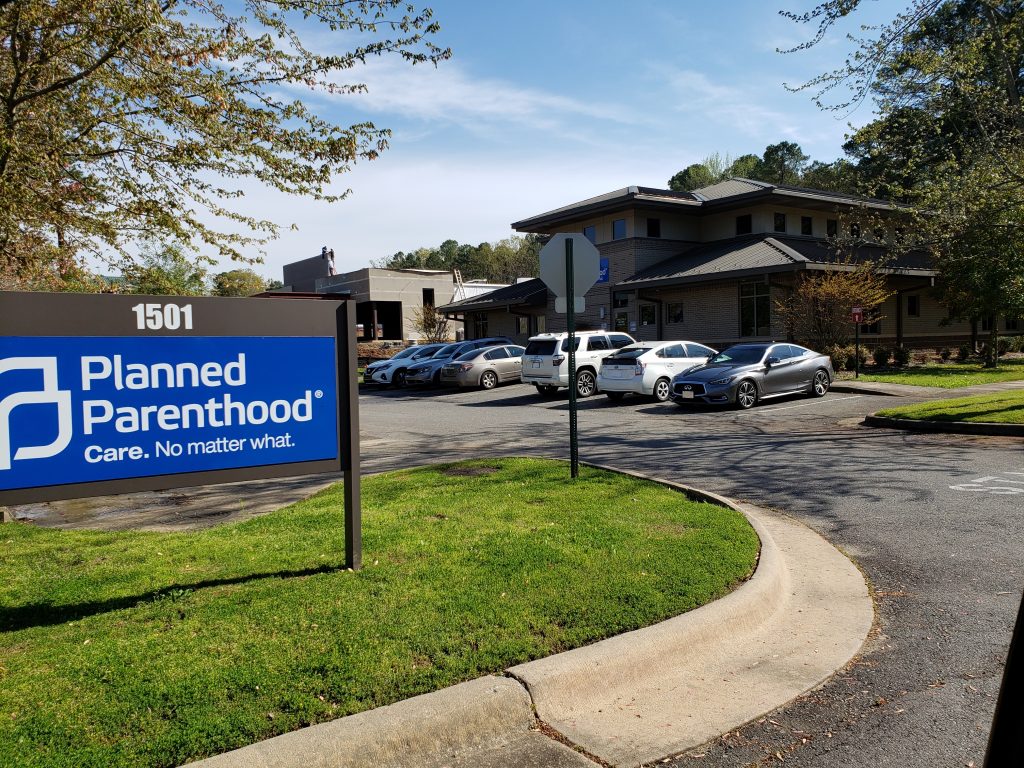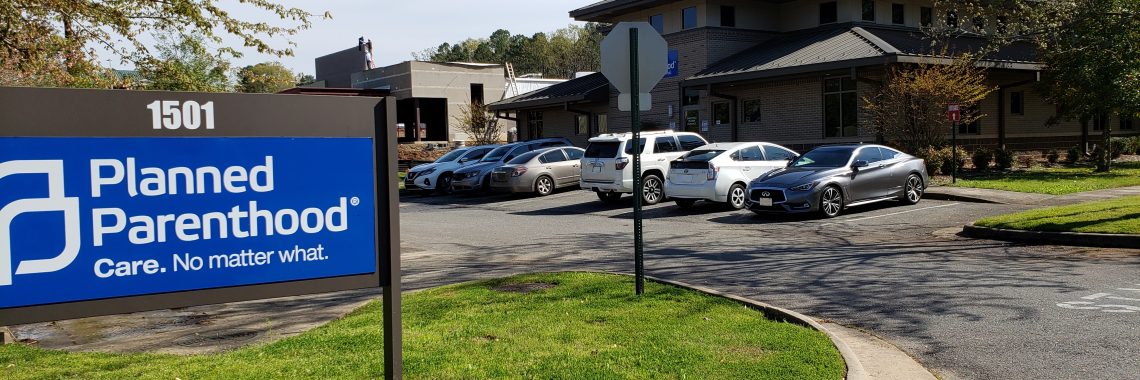Planned Parenthood is Hiring in Bentonville

Last week we reported that Planned Parenthood posted a job listing for a Health Center Manager in Northwest Arkansas’ Bentonville area.
On Wednesday Planned Parenthood posted a second job listing in the Bentonville area — this time for a Reproductive Health Assistant.
Planned Parenthood is the nation’s largest abortion provider. The group currently operates abortion facilities in Little Rock and Tulsa — both within driving distance of Northwest Arkansas.
Planned Parenthood operated an abortion facility for several years in Fayetteville. However, the facility closed in 2019 after its landlord reportedly opted not to renew the group’s lease.
Planned Parenthood has not released any new statements about its efforts to reopen in Northwest Arkansas. But the fact that the group is hiring staff in the Bentonville area raises questions about whether Planned Parenthood is in the process of putting a facility there.
You Can Find Planned Parenthood’s Latest Job Listings for Bentonville Here

